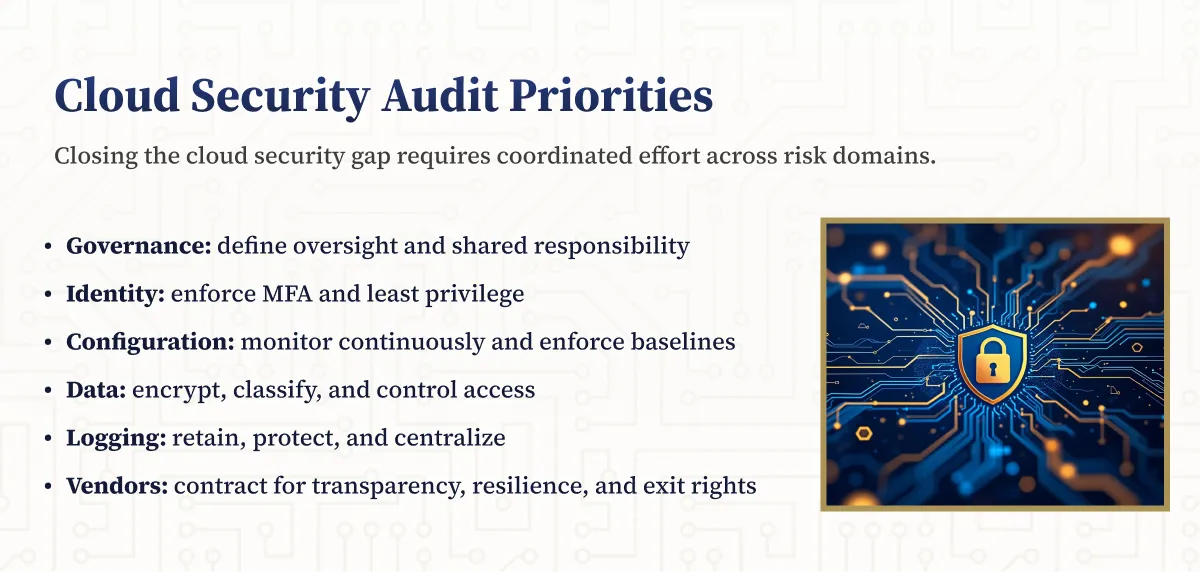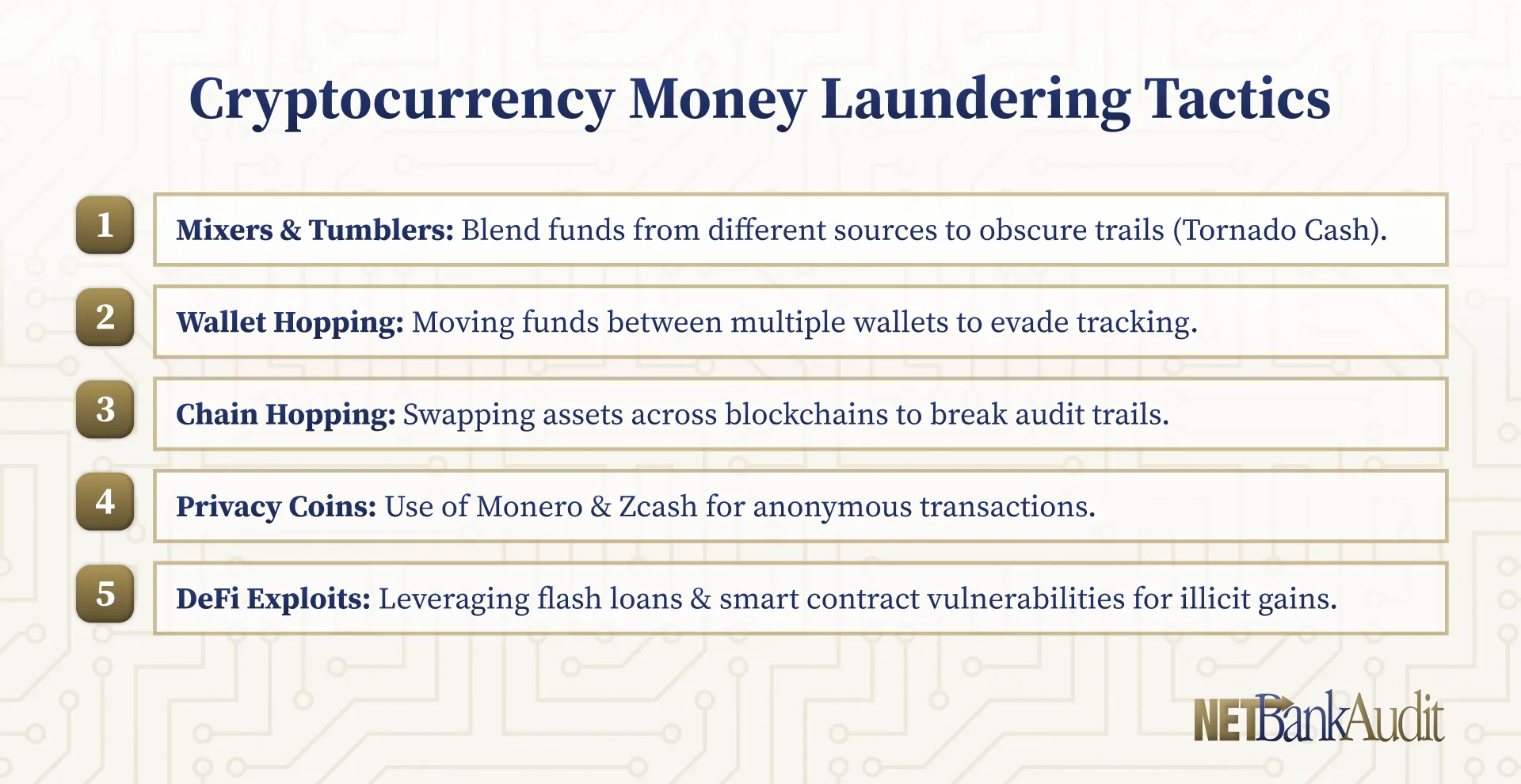With the rise in elder financial exploitation (EFE), financial institutions play a pivotal role in safeguarding the assets of older adults. NETBankAudit offers specialized Elder Fraud Audit Services designed to help financial institutions detect, prevent, and respond effectively to EFE, ensuring compliance with regulatory standards and reinforcing trust with their customers.
Understanding Elder Financial Exploitation
The Financial Crimes Enforcement Network (FinCEN) defines elder financial exploitation as the illegal or improper use of an older adult’s funds, property, or assets. This form of exploitation encompasses various acts, including theft, fraud, undue influence, and manipulation.
In June 2022, FinCEN issued an Advisory on Elder Financial Exploitation (FIN-2022-A002) to alert financial institutions about the escalating threat of EFE. The advisory identifies specific EFE schemes such as:
- Elder Theft: Unauthorized use of an elder's funds or assets by someone in a trusted position.
- Elder Scams: Deceptive practices targeting older adults, including:
- Government imposter scams
- Romance scams
- Lottery and sweepstakes scams
- Tech and customer support scams
FinCEN has identified 24 behavioral and financial red flags associated with EFE, emphasizing the need for vigilant monitoring and reporting by financial institutions.
For more information on types of elder scams, visit our Elder Financial Exploitation Guide.
The Role of Financial Institutions in Preventing Elder Fraud
The Consumer Financial Protection Bureau (CFPB) emphasizes that banks and credit unions are uniquely positioned to detect and act upon signs of EFE. In 2016, the CFPB released Advisory and Recommendations for financial institutions on preventing and responding to elder financial exploitation. Here, they outlined 6 key categories of interventions:
- Developing Internal Protocols and Procedures: Establish and regularly update policies aimed at preventing and responding to EFE.
- Training Management and Staff: Equip employees with the knowledge to identify and report suspicious activities related to elder abuse.
- Harnessing Technology: Utilize advanced systems to detect unusual transactions and patterns indicative of EFE.
- Reporting Suspected Exploitation: Report all cases of suspected EFE to relevant authorities promptly.
- Protecting Account Holders: Comply with regulations like the Electronic Fund Transfer Act (EFTA) and offer services tailored to the needs of older adults.
- Collaborating with Stakeholders: Partner with law enforcement, adult protective services, and community organizations to combat EFE.
In 2019, the CFPB released an update to this guidance, clarifying privacy concerns related to reporting (recommendation 4). It also provides changes in reporting due to federal and state legislative changes, as well as findings from a 2019 analysis of Suspicious Activity Reports (SARs) on EFE.
NETBankAudit's Elder Fraud Audit Services
NETBankAudit's Elder Fraud Audit aims to evaluate the effectiveness of an institution's controls in preventing, detecting, and responding to EFE. The audit identifies vulnerabilities and recommends enhancements to strengthen protections for older adult customers.
NETBankAudit’s EFE services comply with the IIA 2120 Risk Management standard, requiring internal audit activities to evaluate and enhance risk management processes. It also aligns with the IIA definition of Internal Auditing, emphasizing independent, objective assurance and consulting to improve operations and achieve organizational goals through systematic evaluation of risk management, control, and governance.
In addition, NETBankAudit adheres to the FFIEC Interagency Policy Statement on the Internal Audit Function and Its Outsourcing, ensuring independence by not assuming business-line management roles.
Scope of Elder Financial Exploitation (EFE) Audit
The comprehensive audit covers all aspects of the institution, including employees, branches, departments, and services. Key focus areas include:
1. Policies and Procedures
- Review Existing Policies: Examine written policies related to elder financial abuse detection, prevention, and reporting. Ensure they are up to date with current regulations and best practices.
- Assess Training Programs: Assess the adequacy and frequency of employee training on identifying and reporting suspected elder financial abuse. Check training materials for comprehensiveness and relevance.
- Evaluate Reporting Procedures: Evaluate the clarity and accessibility of internal reporting procedures for employees who suspect abuse. Ensure there are clear channels for escalating concerns to appropriate levels of management and authorities.
- External Reporting Protocols: Evaluate protocols for reporting EFE to appropriate authorities, such as:
- Adult Protective Services (APS)
- Law enforcement
- Financial regulators
2. Transaction Monitoring and Detection
- Analyze Monitoring Systems: Assess the effectiveness of systems in flagging suspicious activities such as unusual or large withdrawals, changes in spending patterns, new authorized users on accounts, and wire transfers to unknown beneficiaries.
- Red Flag Identification: Verify that staff are trained to recognize common red flags of elder financial abuse, including those outlined by regulatory agencies like FinCEN.
- Review Case Management: Evaluate documentation, investigation, and resolution processes for suspected EFE cases.
3. Customer Identification and Due Diligence
- Assess Account Opening Procedures: Ensure measures are in place to identify and mitigate EFE risk during account opening.
- Review Documentation Verification: Examine procedures for validating power of attorney and guardianship documents.
- Evaluate Communication Strategies: Assess how the institution communicates with elderly customers to ensure clarity and accessibility.
4. Compliance and Reporting
- Review SAR Filing Practices: Review the institution's SAR filing practices related to elder financial abuse, ensuring timely and accurate reporting to FinCEN.
- Verify Regulatory Compliance: Confirm adherence to laws such as the Elder Abuse Prevention and Prosecution Act and state-specific reporting requirements.
- Review Audit Trails: Ensure the institution maintains thorough documentation for all transactions and investigations related to EFE.
5. Collaboration and Outreach
- Relationships with Adult Protective Services (APS) and Law Enforcement: Evaluate the effectiveness of collaborations in addressing EFE cases.
- Evaluate Community Engagement: Review efforts to educate the community and elderly customers about EFE prevention.
6. Customer Education
- Provide Educational Materials: Determine if brochures, website resources, and workshops for older adults are available.
- Issue Fraud Alerts: Determine if the institution proactively informs customers about current scams and fraud trends.
- Foster Community Partnerships: Determine if the financial institution collaborates with community organizations and senior centers to conduct outreach and education programs.
%201%20(1).svg)
%201.svg)
THE GOLD STANDARD INCybersecurity and Regulatory Compliance
NETBankAudit’s EFE Audit Process
NETBankAudit’s process begins with a project planning conference call to:
- Review objectives
- Introduce project team members
- Set specific timetables
- Develop feedback and status mechanisms
- Formalize the review activities and testing scenarios
Next, your project team manager will organize a kickoff meeting approximately three weeks before the engagement starting date to review the proposed project plan with management. This step will be critical to ensuring effective communication and project success.
Based on our review and discussions with management, we will validate the assumptions of our approach and refine our strategy and work plan for the completion of the audit. Following the fieldwork, a draft report will be issued to management for review and discussion. After discussing the draft report, we will issue final, formal reports.
Our reporting life cycle is as follows:
- Exit Meeting with presentation of Preliminary Findings Document
- Develop the Draft Report
- Review with management for factual accuracy, updates, and/or wording issues
- Board and/or Executive Management Meeting/Conference Call (if desired)
- Final Report supported by applicable work papers
Although we will issue a formal report, our findings and recommendations will be discussed with you throughout the project. Our motto is “No Surprises”. We believe this is an essential component of a synergistic partnership.
Client Responsibilities for Successful EFE Audit Program
Successful completion of this engagement in the prescribed time frames requires a team effort between NETBankAudit and the client. The client is also expected to complete the following prior to NETBankAudit commencing the project:
- Completion of the Pre-request List two weeks prior to onsite arrival
- Identify all key personnel associated with the engagement
- Schedule interview timeframes with identified personnel
- Designate administrative and technical contacts
- Identify any third parties that will be involved or impacted by this assessment
To facilitate an efficient and effective process, NETBankAudit recommends that the client designate a project coordinator. To complete the audit, NETBankAudit routinely interacts with various groups and individuals in the organization. The project coordinator's assistance in facilitating these interactions will help to collect information and data in a timely and appropriate manner.
Request a Proposal to Get Started Today
Protecting elderly from financial exploitation is a critical responsibility for financial institutions. NETBankAudit's Elder Fraud Audit Services provide a comprehensive solution to identify risks, strengthen controls, and ensure compliance with regulatory expectations. By partnering with NETBankAudit, institutions demonstrate their commitment to safeguarding their customers and upholding the highest standards of integrity.
Take proactive steps to protect your elderly customers from financial exploitation. Complete a Request for Proposal today to learn more about our Elder Fraud Audit Services and how we can assist your institution in combating EFE effectively.
.avif)

.svg)

.webp)

.webp)











.webp)



.webp)

%201.webp)
.webp)
%20(3).webp)


.webp)


%20Works.webp)


.webp)




.webp)
%20(1).webp)

.webp)










.webp)
.webp)

.webp)
.webp)
.webp)
.webp)
.webp)
.webp)
%201.svg)